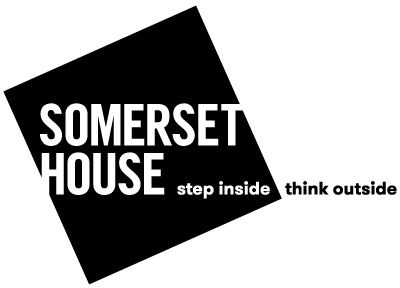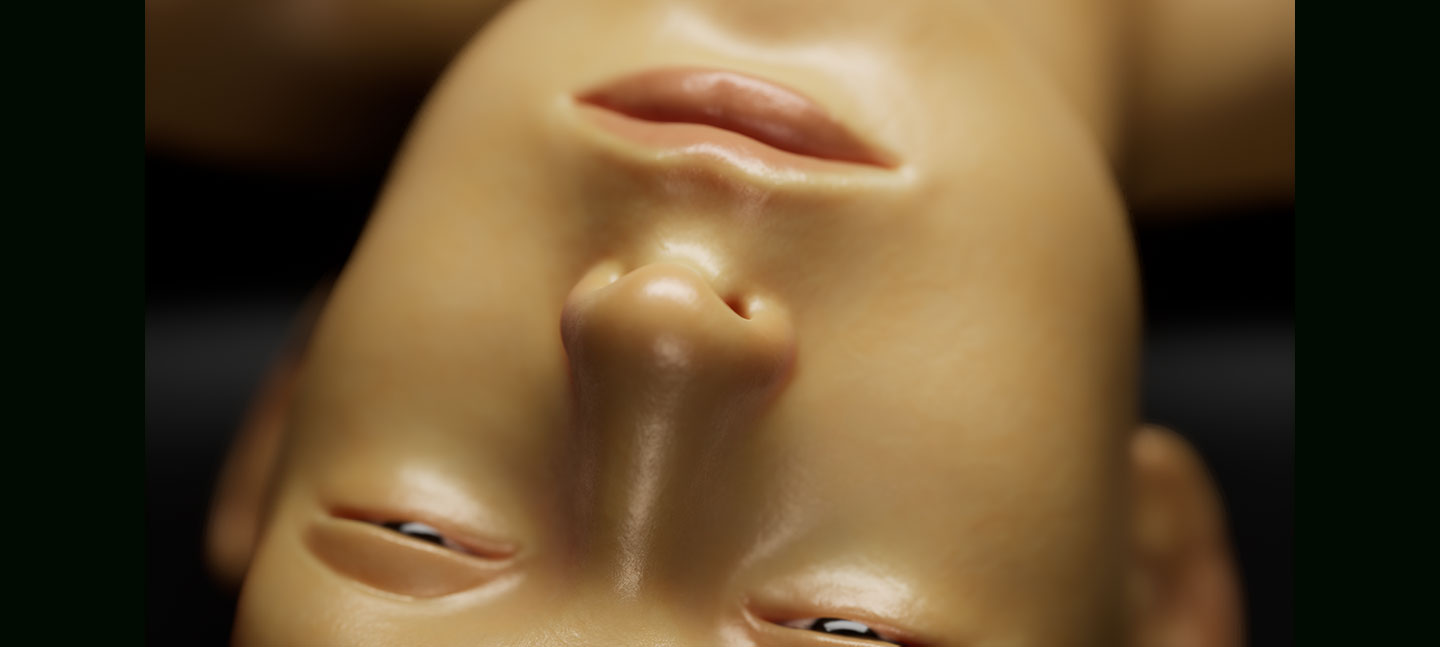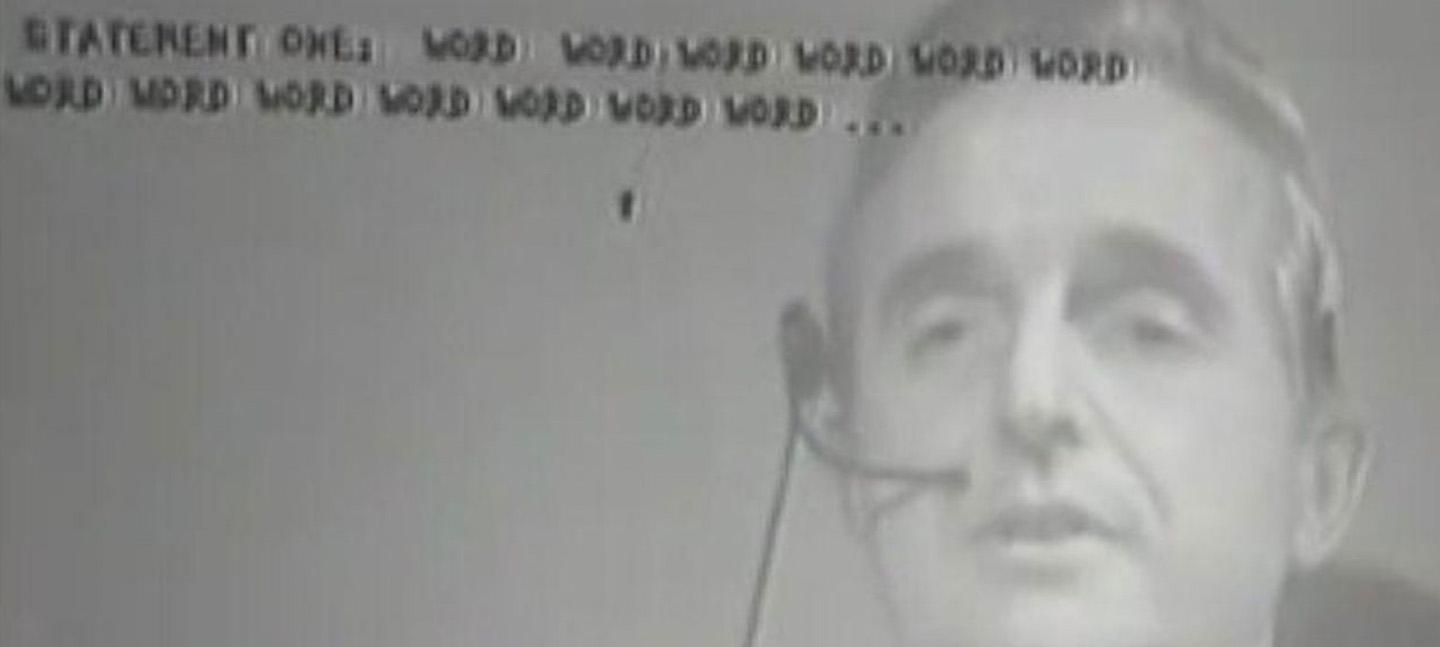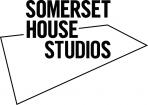Programme
11.00 Introduction by Jake Charles Rees
11.10 Panel Discussion: Vision vs Reality
This discussion focuses on the hopes and legacy of Douglas Engelbart’s original demonstration. From the inception of “the demo” as a means to connect audiences, consumers and users with new technologies, to the effects that the concepts of “Augmented Human Intelligence” and “bootstrapping” have had on the evolution of technology, culture and society.
We’ll also be asking tough questions the commercial paradigms behind the success of the computer revolution, and assess whether these successes have come at the cost of the open and interconnecting systems that Engelbart originally proposed.
Chair: Rachel Falconer, Goldsmiths, University of London
Atau Tanaka, Goldsmiths, University of London
Andrew Orlowski, The Register
12.15 EAVI presents: The Bright Sign Demo by Hadeel Ayoub
Hadeel Ayoub is a PhD Researcher in Human Computer Interaction (HCI) with an emphasis on machine learning applications for gesture recognition at Goldsmiths, University of London.
12.30 EAVI presents: The BioMusic Demo by Balandino Di Donato
Balandino Di Donato is a Research Associate with EAVI in HCI and music working on the use of biosignals in audio and musical applications.
12.45 Performance: Atau Tanaka
13.00 Lunch
14.00 Music Hackspace presents: Arthur Carabott
Arthur Carabott is a musician and designer working with code. He is a current member of Music Hackspace, and a freelance interaction design engineer and Visiting Lecturer at the Royal College of Art.
14.15 Music Hackspace presents: Xname
Xname is an Italian interdisciplinary artist based in London. She is a PhD candidate at MAT Queen Mary, University of London. She makes self made instruments and open source software for live performance and interactive installation.
14.45 Ted Hunt presents: Yesterday's Tomorrow
Somerset House Studios resident Ted Hunt live demos else, an ongoing speculative and critical design project developed during his studios residency. else is a radically alternative search engine platform built upon Douglas Engelbart's 1962 conceptual framework 'Augmenting Human Intellect'. else seeks to break techs cult of originality and obsession with innovation by imagining the future through the lens of the past.
15.15 Panel Discussion: There Is No Spoon?
This discussion will explore the cultural trajectories of the computing and hardware industries. Can we expect to increase our own humanity through technology as Engelbart had hoped, or are we stuck with more of the same dreary “tick-tock” innovations and planned obsolescence for commercial gain? We will also be reflecting on whether the realms of art and music can really be seen as the bleeding edge of interaction and computing, and how technology continues to influence culture and society.
Chair: Jake Charles Rees, The Centre for Investigative Journalism
Ted Hunt, Somerset House Studios Resident
Susanna Garcia, Mind The Film / Music Hackspace
Tadeo Sendon, Music Hackspace
Lauri Love, Hacktivist
16.15 Break
16.30 Performance: Kassem Mosse
17.00 Finish
Biographies
Ted Hunt is an independent speculative / discursive / critical designer living and working in London, currently a resident of Somerset House Studios and founder of else. Ted's work investigates the liminal spaces between our ancient behavioural-driven selves and modern technologically-driven selves. He continually explores non-linear / alternative paradigms and examines the boundaries between subjective, objective and inter-subjective interpretations and perspectives.
EAVI is a research group focused on embodied interaction with sound and image. We broach issues of whole body interaction, haptic feedback, sound image relationships, all in live real time applications. We are a small group of academics, researchers, and PhD students, carrying out cutting edge research across a diverse range of topics including motion capture, eye tracking, brain computer interfaces, physiological bio-interfaces, machine learning, and auditory culture. EAVI is based at Goldsmiths, University of London.
Music Hackspace is a platform for experimenting and interacting with sound and technology. We incorporate diverse methodologies and aim to create an open playground and exchange of ideas and sounds that embraces new and old technologies. Newly available open source platforms, both hardware and software, are granting far wider accessibility to new interactions with music and audio than have not been possible before. It’s with these technologies that we base our programme of workshops, artist talks and meetups, and hope to encourage people of all backgrounds and skill levels to create and engage with music in previously unrealised ways.







